GenZ Trendtalk: the impact of Covid-19 with students from Europe

What is the impact of the Covid-19 pandemic on students and the profession of physical therapy? These questions were the theme of a GenZ-trendtalk hosted by youth researcher Simon Schnetzer with PT-students from across Europe. The results served as basis for a GenZ-keynote Simon delivered at ER-WCPT ONLINE 2020 on Physiotherapy Education.
Simon’s personal motto is to engage people and design the future collectively. When asked to deliver the keynote, he suggested to have a GenZ-trendtalk with PT-students. The students were so excited about our exchange and theme, that they decided to continue their collaboration.

1 . Key takeaways
- Students realized that real life connections are the most valuable in life
- The deteriorating impact on mental health is unfortunately only a temporary effect
- Motivation is the biggest challenge in times of online classes and lockdown
- The prospects for students of physical therapy look quite good
- Professors could improve lectures: more engagement, more interesting, more structure

2 . International GenZ trendtalk: GenZ students and the impact of Covid-19
GenZ student trend #1: The importance of real life
GenZ has come to realize the limitations of online communication and will appreciate more the time with friends, family and colleagues in real life.
Summary of the discussion on the importance of real life interaction
Students came to realize that face-to-face conversations and relationships are the most important things in their lives. After the lockdown they just sat there and smiled, because friends were there. And they hope that some digital social activities (like gaming nights) they started during the lockdown-phase will continue.
Students conclude that real-life interaction is richer and can make them happier than online interaction. They want to spend more time with their loved ones and appreciate this time more. Unfortunately this special feeling and appreciation seems to fade, when meeting in person becomes more common again.
GenZ student trend #2: Deteriorating mental health
The state of mental health of GenZ has deteriorated severely as a consequence of the lockdown-isolation: feeling alone with no one to help and fears of the future.
Summary of the discussion on deteriorating mental health
There are various reasons for increased levels of stress during the lockdown-phase:
- fear for health and survival of family members and no chance to help them
- no answer to the question, why this had to happen to “our” generation
- overwhelmed by being alone with thoughts coming up when by yourself
- stressed by lack of motivation and no break of the situation
- international borders that usually “don’t exist” kept students from seeing their family
- encountering new insecurities
- lack of daily structure
- boredom – only school and watching TV over and over again
- it felt like everything was going wrong, there were no good news
Students conclude that it was a test, they learned a lot and they came out stronger. Students will be more reluctant to plan international travels or stays abroad (e.g. Erasmus). A good aspect of the lockdown-phase: there was no fear of missing out (FOMO), as nothing happened. And fortunately the negative impact on mental health seems to be of temporary nature and doesn’t seem to last.
GenZ student trend #3: biggest challenge - motivating themselves
GenZ has learned one of the biggest lessons as they had to motivate themselves to study at home, by themselves, structure their days without their regular routine and without festivals or parties to look forward to as rewards.
Summary of the discussion on the motivation challenge
GenZ has learned one of the biggest lessons as they had to motivate themselves to study at home, structure their days without their regular routine and without festivals or parties to look forward to as rewards.
Understanding the motivation challenge
- we couldn’t go to uni and physically separate uni/work and time-off
- feeling of boredom without changes of environment
- the usual study-routine didn’t work anymore
- uni wasn’t prepared for teaching online – infrastructure, courses, exams
- no meetings with friends to study together in perso
Solutions to the motivation challenge
- structure the day with goals and rewards (e.g. going for a walk or gaming)
- experiment with motivation strategies (yoga, motivation-apps …)
- adapt the rewarding scheme to currently available possibilities
- clean up your desk in the evening, so that the same room feels like a work environment in the morning
- organize online group meetings to study and work together
Positive prospects for physical therapists
GenZ students of physical therapy look positively into the future of their profession, as they are creative and the pandemic has unlocked unexpected digital potential.
Negative influences
- limited ability to practice your job, when you can only treat patients via phone or online
- uncertainty about the possibility to have regular consultations in the next few years
Positive influences
- due to the pandemic more people want to be healthy
- it seems that people who had the corona virus often require physiotherapeutic intervention
- the lockdown-phase pushed experiments with online possibilities of treating patients
- more appreciation for health workers since the Covid-19 pandemic
- more people gain access to physiotherapy with online interventions e.g. in rural areas
- online interventions can improve the adherence and foster the effectiveness of interventions
As a consequence, uni should start teaching privacy issues regarding online intervnetions and include online sessions in the syllabus / curriculum.
Better online courses: Student advice for professors
How can professors give better courses, when they teach their course online? They need to communicate more, make it more personal and give it more structure.
More communication
Students lack interaction with professors and fellow students in lectures. Professors should engage students more and allow them to interact.
Keep it interesting and students engaged
Listening to a course online is harder for some than live at uni. Make the course interesting by using interactive methods like polls or comments to foster engagement and keep the attention.
Give online-courses a structure
It’s difficult to study well, when several lectures are uploaded in bulk. It would be better to have a clear schedule, when lectures are uploaded and offer live follow-up sessions to discuss the contents of the lecture.
3. Participants of the GenZ trendtalk

Carla, 20 ys, from Malta,) likes stupid jokes
Paul, 19 ys, from Greece, likes funny movies
Theano, 19 ys, from Greece, likes funny movies & being with her friends
Terence, 21 ys, from Malta, likes being with his friends
Miriam, 27 ys, from Austria, likes creative language & puns
Rachel, 25ys, from Netherlands, likes squirrel videos
Ragnheiður Silja, from Iceland, likes embarrassing situations
[.rt-button]Zum Trendtalk bei YouTube[.rt-button]
4. Conclusion
Students of physical therapy from across Europe all faced challenges during the Covid19 pandemic. They are grateful for the creative and digital push their profession has experienced in the time of the lockdown. In times of crisis, they are willing to work harder and be creative to advance the way physical therapists practice offline and online. Students’ expectations towards uni is to adapt teaching and therapy to the possibilities online.

.jpg)

.webp)
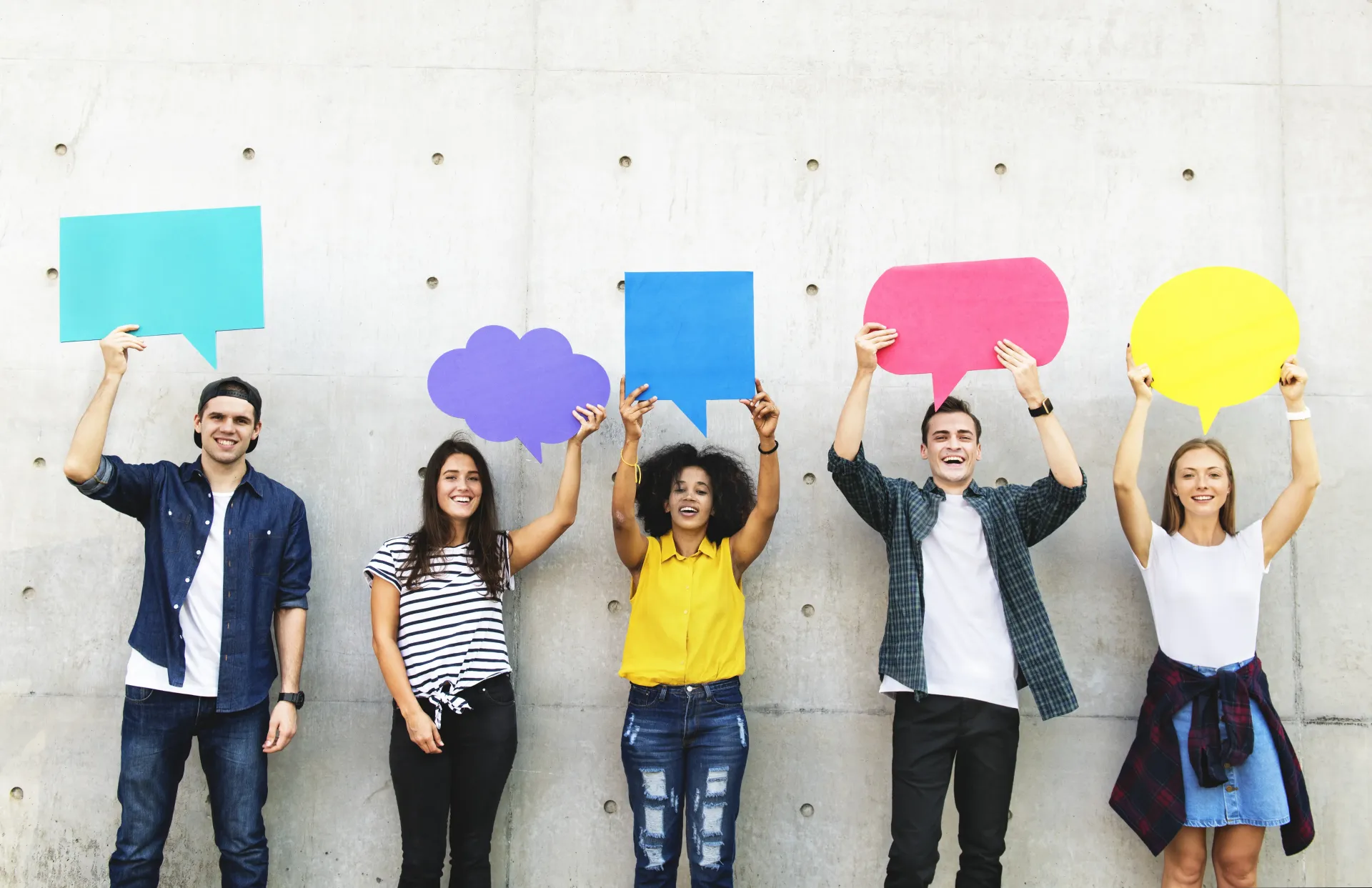
.webp)
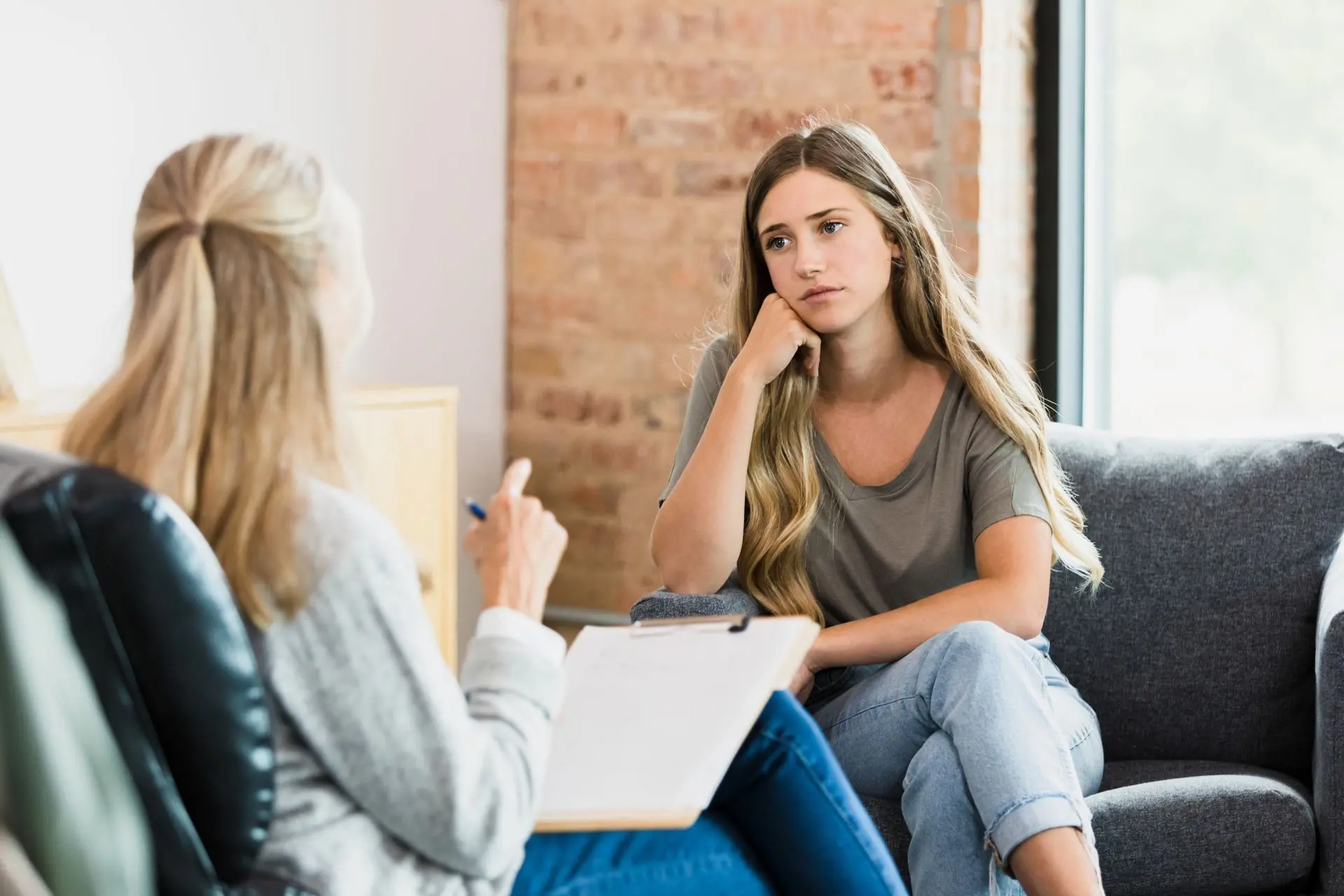
.jpg)
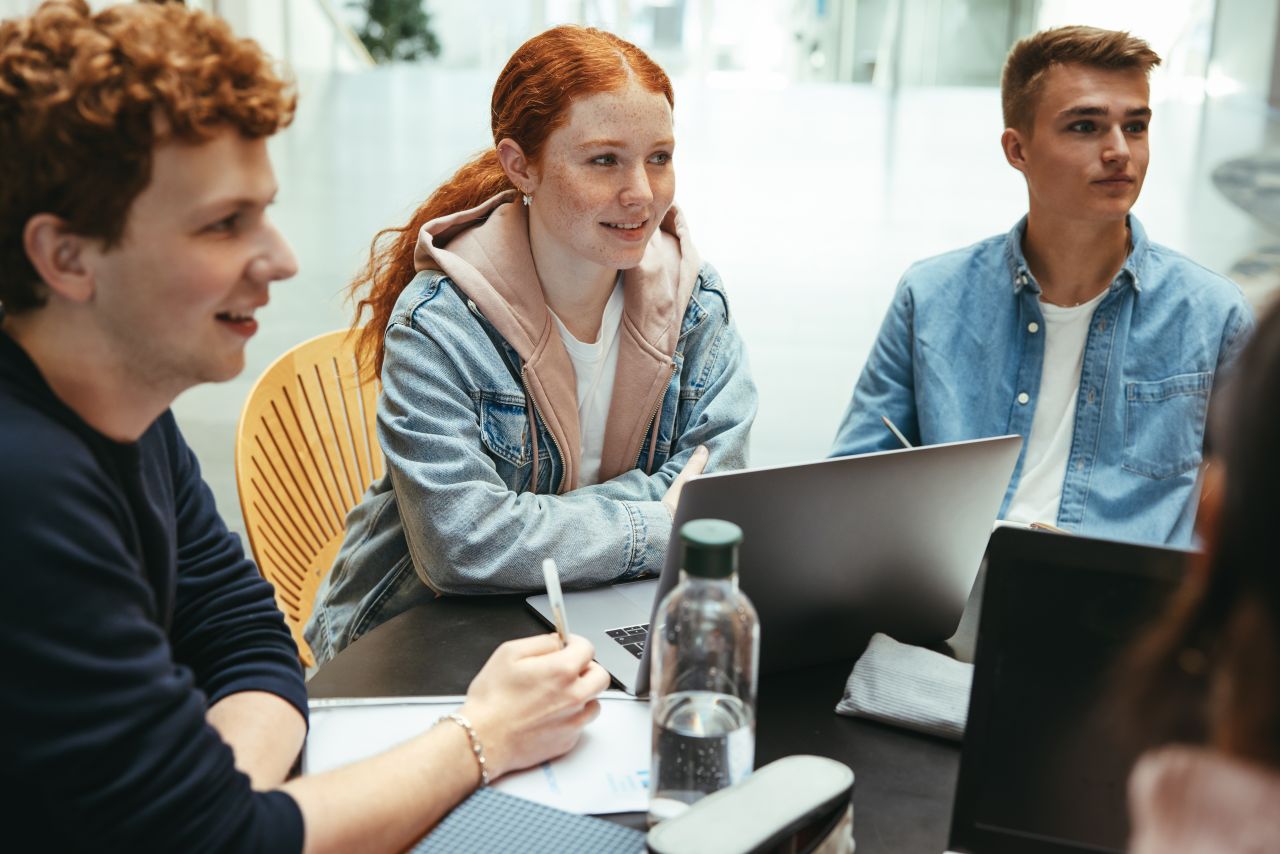
.webp)
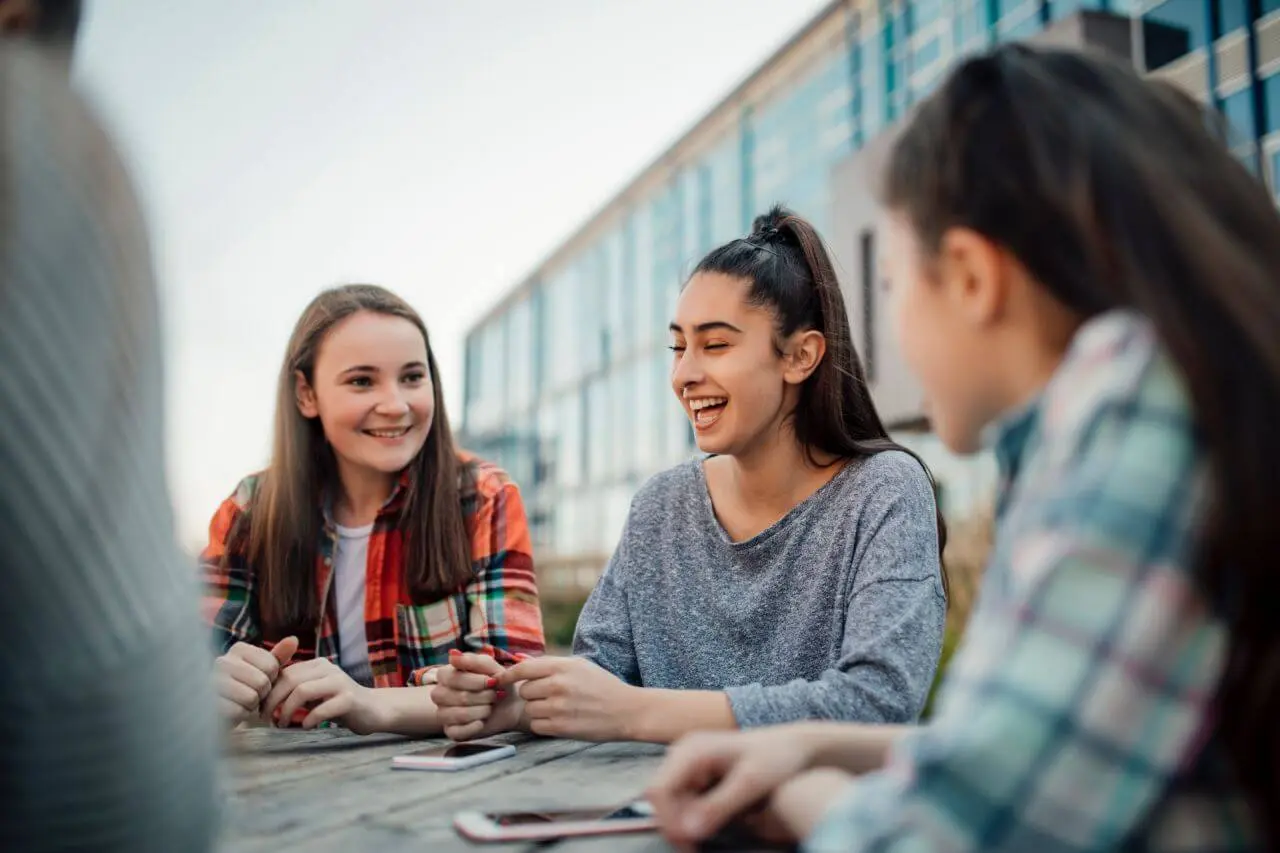
.webp)

.webp)

.webp)
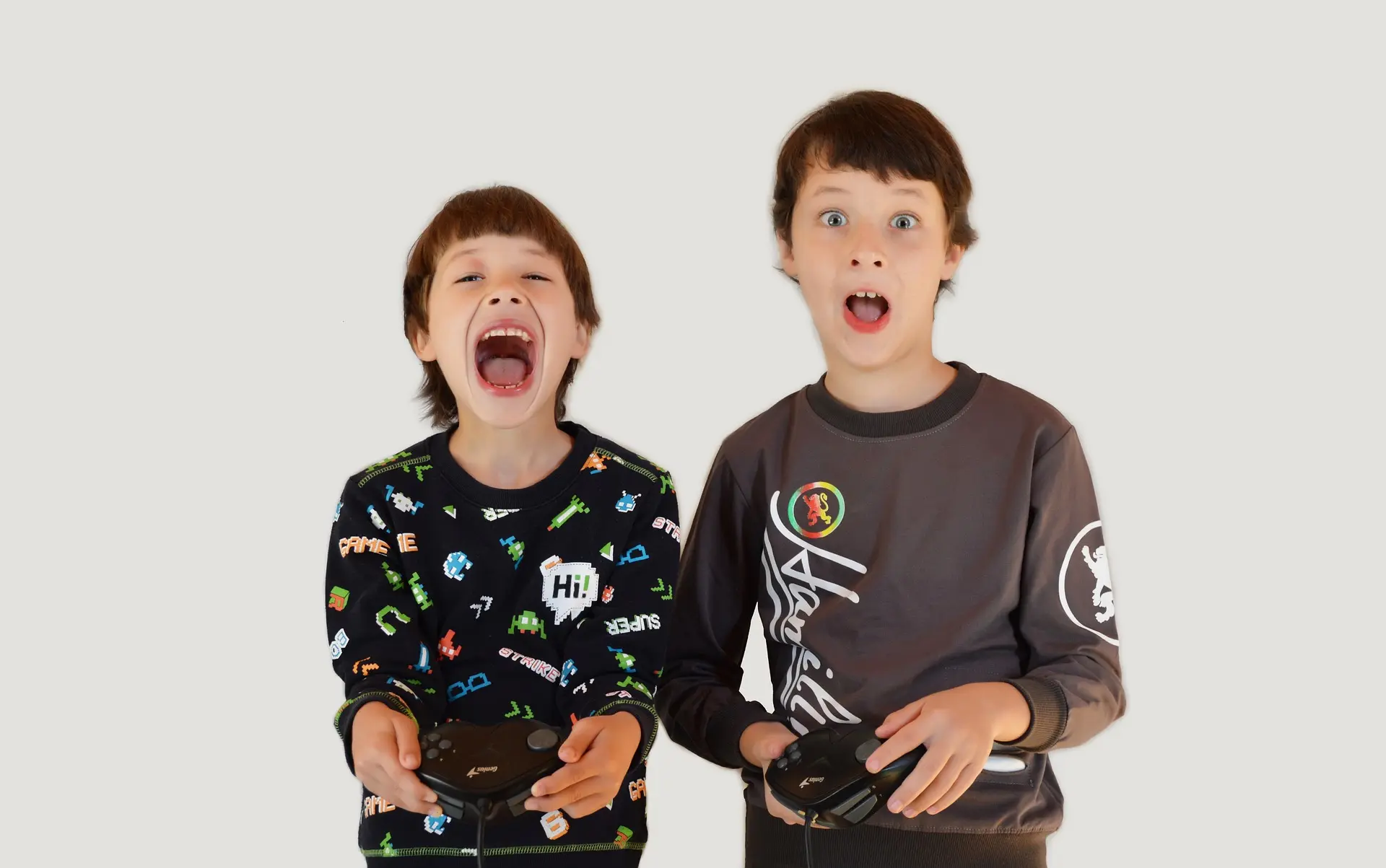
.jpg)
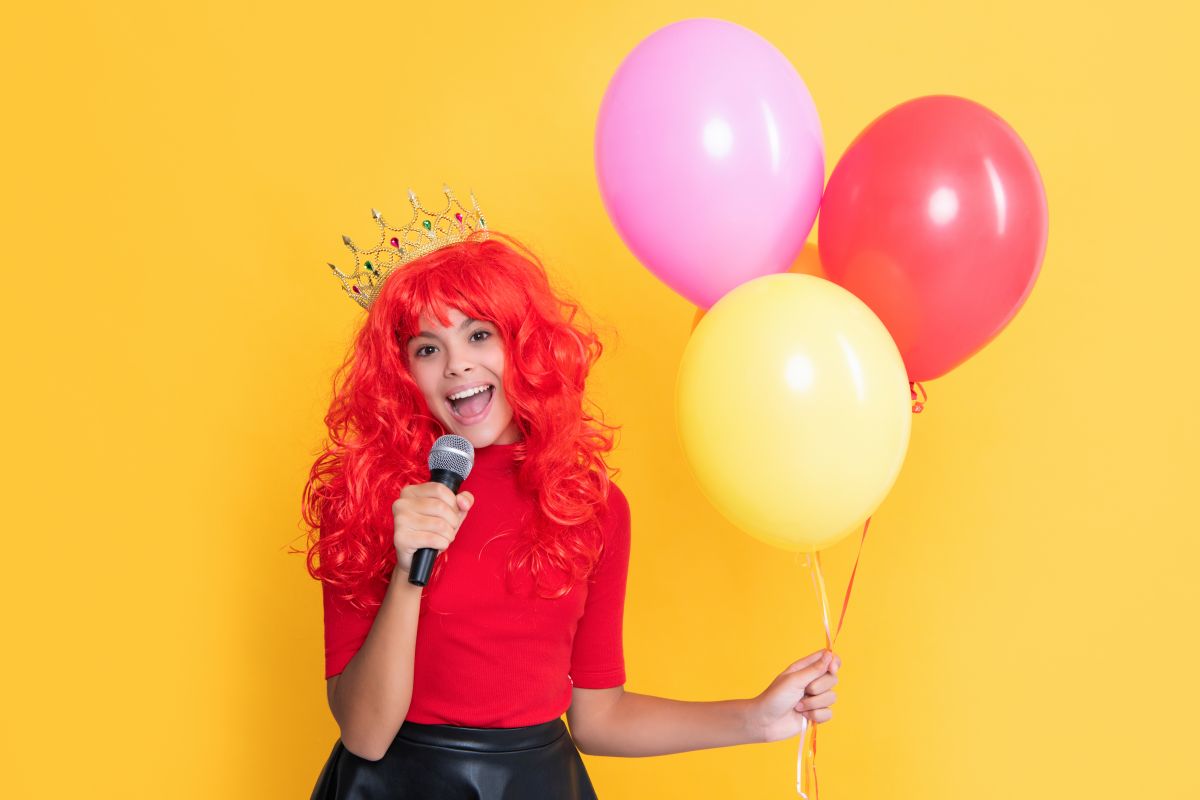
.jpg)
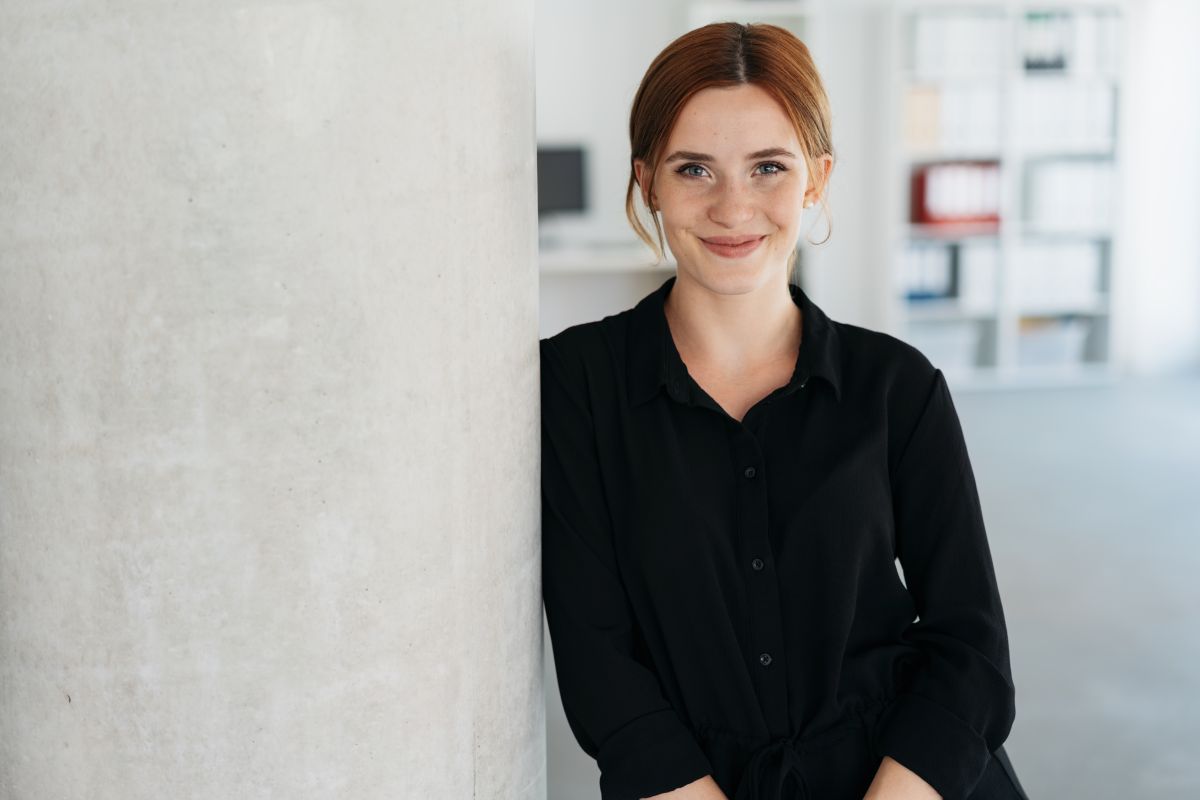
.webp)

.jpg)

.webp)
.webp)
.jpg)

-2.webp)

-2.webp)

-2.webp)
-2.webp)
.webp)

.webp)



.webp)


.webp)
.webp)



.webp)


.webp)

.jpg.webp)



.webp)


.jpg.webp)

.webp)

.png.webp)

.webp)

.jpg.webp)

.jpg.webp)

.jpg.webp)

.webp)

.webp)

.jpg.webp)

.webp)

.jpg.webp)

.jpg.webp)

.webp)


.webp)

.webp)

.webp)



.jpg.webp)
.jpg.webp)

.jpeg.webp)

.jpg.webp)



.jpg.webp)

.jpg.webp)

.webp)

.jpg.webp)

.webp)

.webp)

.webp)



.webp)

.webp)

.webp)

.webp)
.webp)
.jpg.webp)

.webp)



.webp)

.webp)

.webp)

.jpg.webp)

.webp)

.webp)

.webp)

.jpg.webp)
